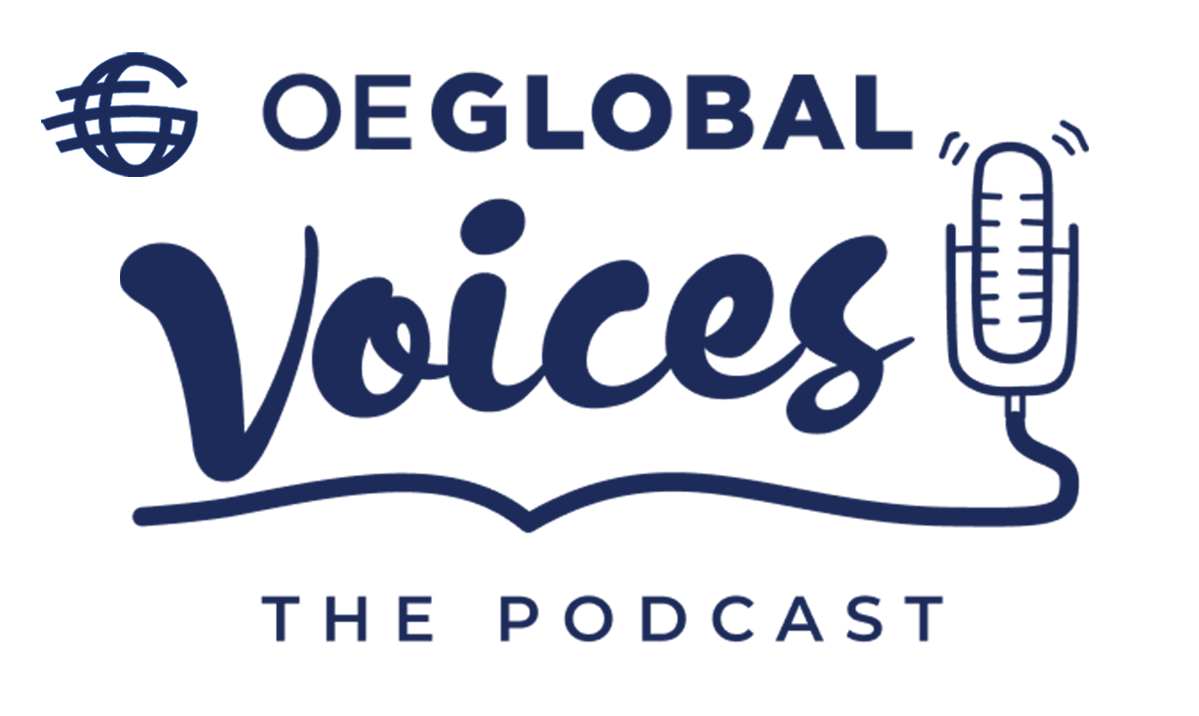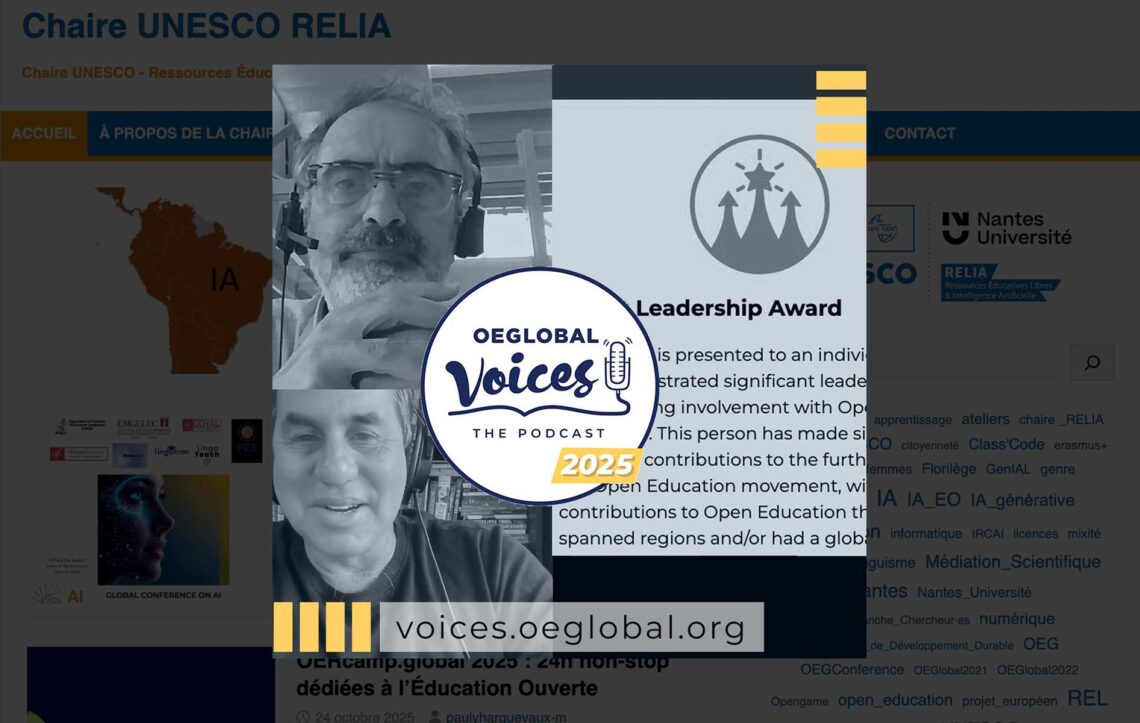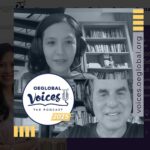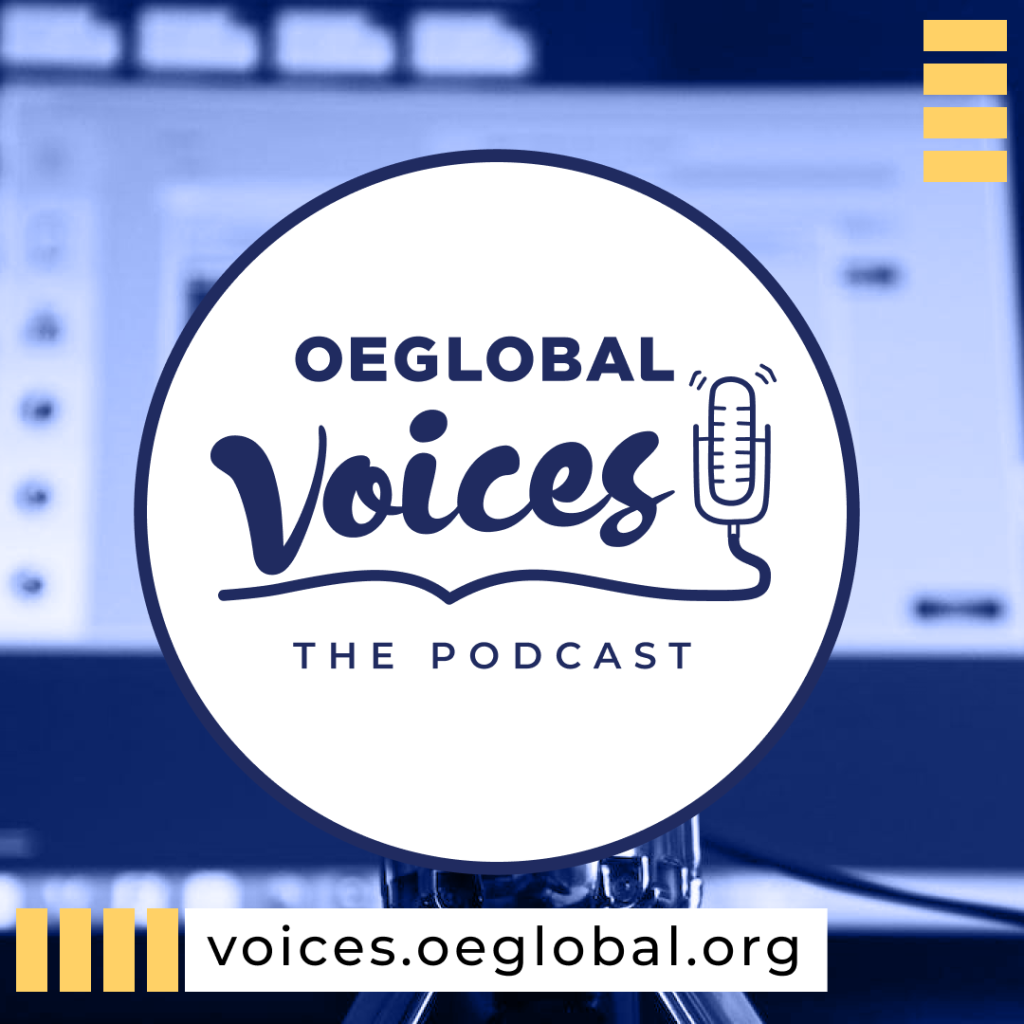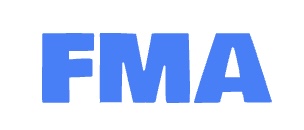Take a trip with us to France for our conversation with Colin de la Higuera, professor and researcher in computer science at Nantes Université as well the UNESCO Chair of Open Educational Resources and Artificial Intelligence. In 2024 Colin was recognized with an Open Education Award of Excellence for Leadership.
This episode was recorded June 13 2025, when the nomination process for the 2025 OEAwards program was in progress with the intention of building enthusiasm for more nominations. We got off track in our production cycle! And since then the 2025 winners were recently announced but we are catching up on our recordings.
There is still much value in learning more about the awardees and in this case, we will hear about not only Colin’s thoughts about leadership, but the importance of the UNESCO Chair as being really a team effort, Colin’s research and insights on artificial intelligence and multilingual blogging, advocating for open education- especially for the learner– and more insight into his life and work.

Podcast: Play in new window | Download
at Descript.com
In This Episode
FYI: For the sake of experimentation and the spirit of transparency, this set of show notes alone was generated by the AI “Underlord” in the Descript editor we use to produce OEGlobal Voices.
In this episode of the OE Global Voices podcast, host Alan Levine speaks with Colin de la Higuera, a UNESCO Chair in Open Educational Resources and Artificial Intelligence at Nantes University in France. They discuss the significance of the UNESCO Chair, the complexities of organizing during COVID, and the transformative potential of AI in education. Colin also shares insights from his work on multilingual open textbooks and blogs, his perspectives on leadership, and the importance of equitable education. Tune in for an engaging conversation that underscores the value of recognition in the field of open education.
- 00:00 Intro Music and Highlighted Quote
- 00:51 Meet Colin de la Higuera
- 05:31 Colin’s Background and Education
- 07:50 Journey into Open Education and AI
- 12:29 UNESCO Chair and Leadership
- 20:09 Current Projects and Interests
- 25:51 Encouraging Nominations and Recognition
- 30:27 Conclusion and Farewell
(end of AI generated show notes)
Additional Links and Quotes for Episode 86
There’s a lot of things published [about AI in Education]. One of the things that in my view is very absent is, is the “why” question, right? Which is “why do we learn?” Can we capture, why does a learner, this learner might be 12-year-old or might be 20 years old– why does she get up in the morning and go and learn?
So it’s essential we understand this because, depending on the reasons that motivate this person, AI will or will not have an effect. Or we’ll have a positive effect or a negative effect, or we can actually use AI and divert it positively or at the contrary, if we’re not careful, AI is just going to break that reason to pieces.
And if the whole reason for which that person was happy to get up in the morning to go learn is now vanished because of AI, we’ve had it.
Colin de la Higuera
- Colin de la Higuera 2024 Open Education Award for Excellence in Leadership (OEGlobal)
- Open Education Week 2025 live launch (with Colin as guest)
- OEGlobal 2021 Online Conference (hosted by Nantes University)
- OEGlobal 2022 Conference, in Person Congress in Nantes
- Nantes Université
- UNESCO Chair in Open Educational Resources and Artificial Intelligence (Nantes Université)
- AI for Teachers: an Open Textbook (AI4T, Erasmus+)
- 23 good reasons… to adopt Open Education (UNOE, the Unitwin Network on Open Education)
- 23 good reasons for open education – the recap (EUniWell open education blog)
So leadership I suggest means that when you are asked to talk about these things, you respect your own opinion and you don’t just have to come up saying what other people have said before. Okay, so leadership means that you’re able to synthesize, obviously from the work of other people, from history, from research, but you can come up with new ideas.
You’ve got the legitimacy to speak out and to speak up. You’re making a risk also. It doesn’t mean you’re some suddenly, non- vulnerable. People can say, “Hey, what you’re saying is absolute rubbish now,” but, you are allowed to say things.
So this comes also with the UNESCO Chair being allowed to speak, being allowed to make, not just claims, but to make an analysis, which may not be the one that is done by everybody else. I think that’s what leadership is about itself. It’s also about convincing people that it’s fun to do things or it’s interesting to look at things.
Colin de la Higuera
Listen to more from our episodes recorded with Open Education Awards for Excellence winners.
Our open licensed music for this episode is a track called Leader of Tomorrow by X-Cute that is licensed under a Creative Commons Attribution-NonCommercial license. Like most of our podcast music, it was found at the Free Music Archive (see our full FMA playlist).
